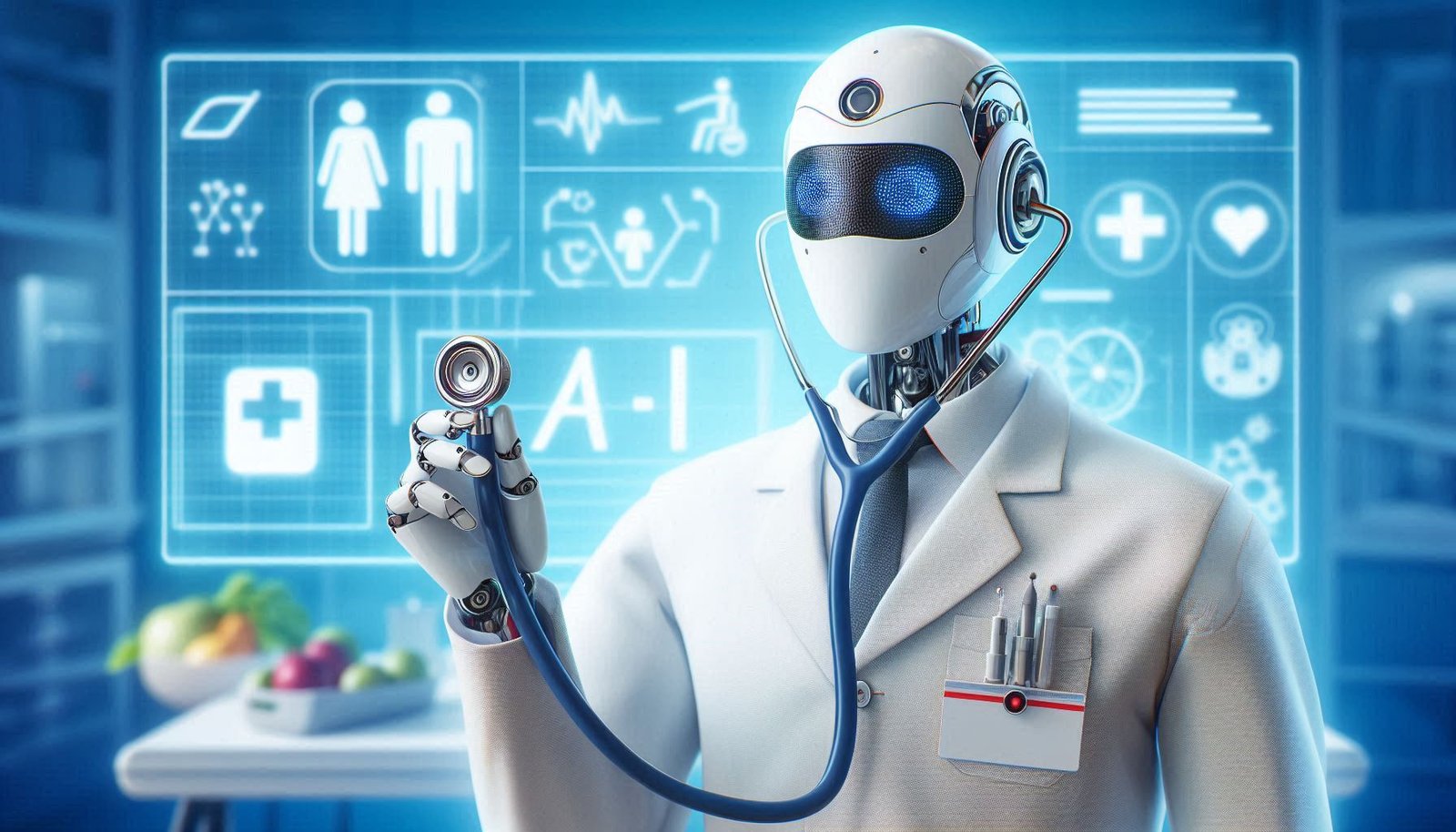
Transforming Patient Care and Outcomes
In recent years, the integration of AI technology in healthcare has revolutionized the way medical professionals diagnose, treat, and manage patient care. The application of artificial intelligence (AI) in healthcare is not just a trend; it is a transformative force that is reshaping the industry. This article explores the various applications of AI technology in healthcare, its benefits, challenges, and future prospects.
Understanding AI Technology in Healthcare
AI technology refers to the simulation of human intelligence processes by machines, particularly computer systems. In healthcare, AI encompasses a range of technologies, including machine learning, natural language processing, and robotics. These technologies enable healthcare providers to analyze vast amounts of data, improve diagnostic accuracy, and enhance patient outcomes.
The Role of AI in Diagnostics
One of the most significant applications of AI technology in healthcare is in diagnostics. AI algorithms can analyze medical images, such as X-rays, MRIs, and CT scans, with remarkable accuracy. For instance, deep learning models can identify patterns in imaging data that may be missed by the human eye. This capability not only speeds up the diagnostic process but also reduces the likelihood of errors.
Example: Radiology
In radiology, AI technology has been employed to assist radiologists in interpreting images. Studies have shown that AI can match or even exceed the diagnostic accuracy of human radiologists in certain cases. For example, an AI system developed by Google Health demonstrated an ability to detect breast cancer in mammograms with a higher accuracy rate than human radiologists.
Enhancing Patient Care with AI Technology
AI technology is also enhancing patient care by providing personalized treatment plans. By analyzing patient data, including medical history, genetic information, and lifestyle factors, AI can help healthcare providers tailor treatments to individual patients. This personalized approach not only improves patient outcomes but also increases patient satisfaction.
Example: Predictive Analytics
Predictive analytics is a powerful application of AI technology in healthcare. By utilizing historical data, AI algorithms can predict patient outcomes and identify those at risk of developing certain conditions. For instance, AI can analyze data from electronic health records (EHRs) to identify patients at risk of readmission, allowing healthcare providers to intervene proactively.
AI Technology in Drug Discovery
The drug discovery process is notoriously lengthy and expensive. However, AI technology is streamlining this process by predicting how different compounds will interact with biological targets. Machine learning algorithms can analyze vast datasets to identify potential drug candidates, significantly reducing the time and cost associated with traditional drug discovery methods.
Example: Atomwise
Atomwise is a company that uses AI technology to accelerate drug discovery. By employing deep learning algorithms, Atomwise can predict the effectiveness of various compounds in treating diseases. This innovative approach has the potential to bring new drugs to market faster and more efficiently.
Robotics and AI in Surgery
Robotic surgery is another area where AI technology is making significant strides. Surgical robots, equipped with AI capabilities, can assist surgeons in performing complex procedures with greater precision. These robots can analyze real-time data during surgery, providing surgeons with valuable insights that enhance decision-making.
Example: da Vinci Surgical System
The da Vinci Surgical System is a prime example of AI technology in surgery. This robotic system allows surgeons to perform minimally invasive procedures with enhanced dexterity and control. The integration of AI technology enables the system to provide real-time feedback, improving surgical outcomes and reducing recovery times for patients.
AI Technology in Telemedicine
Telemedicine has gained immense popularity, especially in the wake of the COVID-19 pandemic. AI technology plays a crucial role in enhancing telemedicine services by enabling virtual consultations, remote monitoring, and patient triage. AI-powered chatbots and virtual assistants can provide patients with immediate responses to their queries, improving access to healthcare services.
Example: Virtual Health Assistants
Virtual health assistants, powered by AI technology, can help patients manage their health conditions from the comfort of their homes. These assistants can remind patients to take medications, schedule appointments, and provide personalized health advice based on individual health data.
Challenges of Implementing AI Technology in Healthcare
Despite the numerous benefits of AI technology in healthcare, several challenges must be addressed for successful implementation. These challenges include data privacy concerns, the need for regulatory frameworks, and the integration of AI systems into existing healthcare infrastructure.
Data Privacy and Security
The use of AI technology in healthcare involves the collection and analysis of sensitive patient data. Ensuring the privacy and security of this data is paramount. Healthcare organizations must implement robust cybersecurity measures to protect patient information from breaches and unauthorized access.
Regulatory Challenges
The rapid advancement of AI technology in healthcare has outpaced regulatory frameworks. Policymakers must establish guidelines that ensure the safe and ethical use of AI in medical practice. This includes addressing issues related to accountability, transparency, and bias in AI algorithms.
The Future of AI Technology in Healthcare
The future of AI technology in healthcare is promising. As technology continues to evolve, we can expect to see even more innovative applications that enhance patient care and improve health outcomes. The integration of AI with other emerging technologies, such as blockchain and the Internet of Things (IoT), will further revolutionize the healthcare landscape.
Conclusion
AI technology is transforming the healthcare industry in unprecedented ways. From improving diagnostic accuracy to enhancing patient care and streamlining drug discovery, the applications of AI in healthcare are vast and varied. While challenges remain, the potential benefits of AI technology in healthcare are immense. As we move forward, embracing AI technology will be crucial in shaping the future of healthcare and improving the lives of patients worldwide.
Read more : The Future of AI in Finance
Read more : What AI Can Do ?



